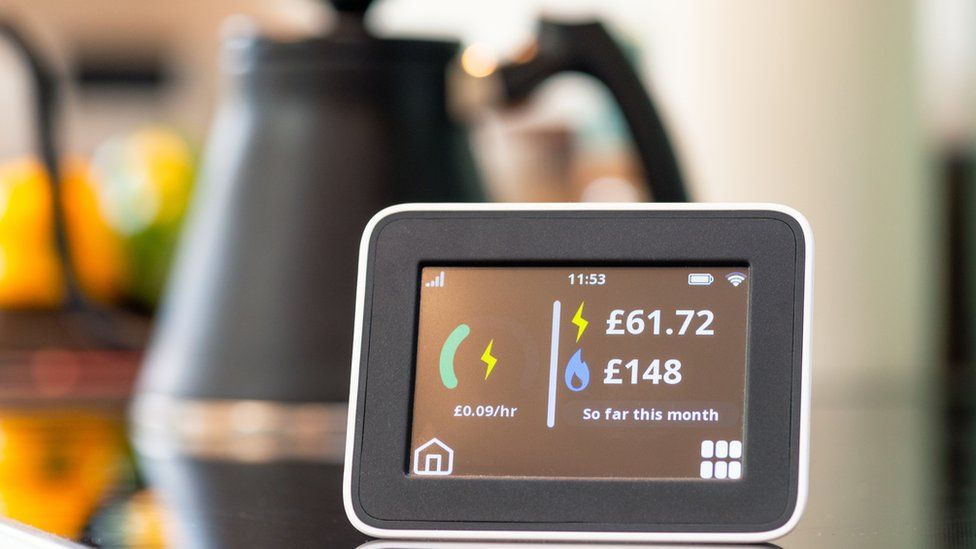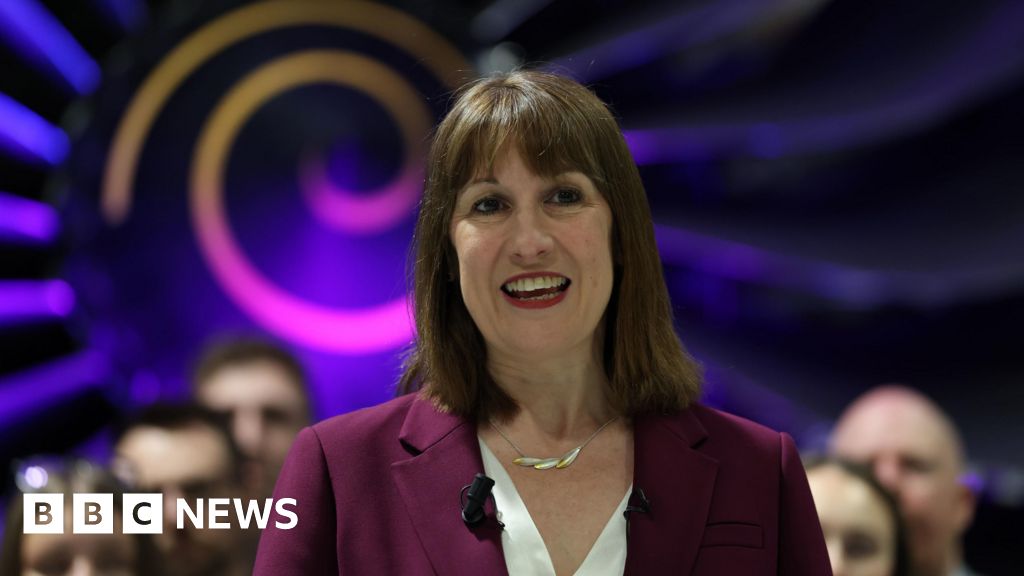ARTICLE AD BOX
By Michael Race
Business reporter, BBC News
 Image source, Getty Images
Image source, Getty Images
Households with smart meters could get discounts on electricity bills if they use less energy at peak times.
National Grid hopes to roll out a scheme where people can save cash if they avoid high-power activities, such as cooking or charging electric cars, when demand is high.
The move follows a trial where Octopus Energy offered incentives for 100,000 customers who reduced consumption.
National Grid is asking all suppliers for feedback on its plans.
The company said the scheme was "not about energy rationing", despite fears over energy supplies after Russia's invasion of Ukraine affected oil and gas supplies to Europe.
A spokesman told the BBC the move was to "create flexibility" in its network and was part of longer term plans to not add to the level of greenhouse gases in the atmosphere.
He added it "should not have a negative impact" on consumers as its aim was to balance the power grid at a times of the year when heating and lighting causes overall electricity demand to be higher.
Last week, National Grid ESO hosted a webinar with energy suppliers to ask and understand how feasible its proposals would be if it rolled out the scheme country-wide, following its trial with Octopus Energy in February.
It is understood a UK-wide scheme could be established within months if energy firms agree.
The Times, which first reported the story, said it had seen estimates that households, which typically pay 28.34p for each kilowatt-hour of electricity they use, could potentially be paid as much as £6 for each kilowatt-hour that they avoid using at peak times.
The way customers would redeem savings has not been established, but Octopus Energy said its consumers received credit on their energy accounts and also had a "self-refund option" where they could get cash transferred to their bank accounts.
Prices overall are continuing to rise at their fastest rate for 40 years, with UK inflation at 9.1%, the highest level since March 1982, biting into household budgets.
Changes to the energy price cap meant typical energy bills rose by an unprecedented £700-a-year in April, and are due to rise by even more in October.
Energy supplier Octopus Energy, which trialled National Grid's proposals, said smart meter customers who reduced their consumption on evenings when demand is highest manged to save cash.
It said consumers on average saved 23p per each two-hour trial window, but some participants saved up to £4.35.
"However, savings over winter could potentially be much higher if this becomes a real service, but of course this depends on how much National Grid would pay households per kWh," the company said.
Russia's invasion of Ukraine has fuelled a massive rise in energy bills and concerns over energy security.
Energy firms have been asked to delay the closure of UK coal-fired power plants by the government, which has said it is exploring "a wide range of options to further bolster our energy security and domestic supply".
Business Secretary Kwasi Kwarteng wrote to EDF, Drax and Uniper this month to ask that they temporarily extend the operation of the coal plants, which are used for back-up generation.
The UK gets very little of its power from coal, but generates a lot of electricity from gas.
National Grid said its hoped the new scheme would help to avoid the need to burn more coal for energy.

 2 years ago
64
2 years ago
64








 English (US) ·
English (US) ·